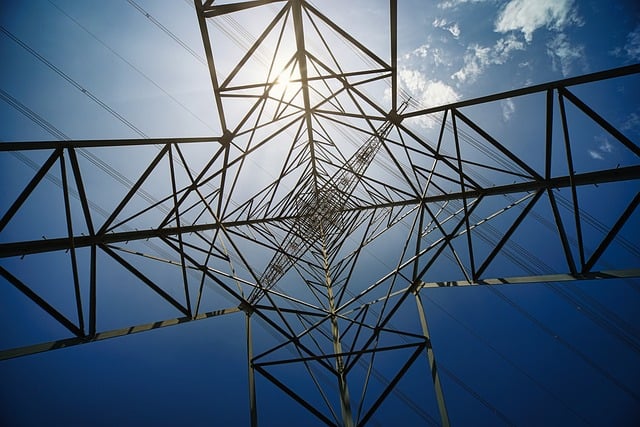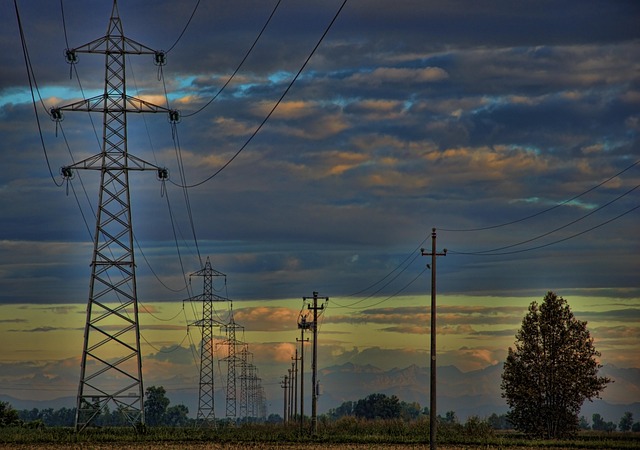Kratom and caffeine, both stimulants, offer distinct effects. Kratom, derived from Mitragyna speciosa, provides a balanced combination of focused energy and relaxation through its alkaloids and mitragynine compound, offering pain relief and well-being. In contrast, caffeine primarily affects the central nervous system, leading to heightened alertness but potentially causing jitteriness and insomnia with high consumption. Kratom's gentle yet versatile boost and mood stabilization make it a preferred choice for sustained energy throughout the day, contrasting caffeine's rapid but volatile effects. When optimizing performance, understanding these kratom vs. caffeine differences is key.
“Unleash your inner potential with a unique energy booster—Kratom. This natural herb has gained traction as an alternative to caffeine, promising enhanced performance. In this comprehensive guide, we delve into the world of Kratom and Caffeine, comparing their effects on energy, focus, and mood. We explore how Kratom can benefit mental clarity, physical endurance, and productivity, while also weighing its pros and cons against caffeine. Discover the ultimate choice for your performance needs, making informed decisions with our in-depth analysis of Kratom vs. Caffeine.”
- Kratom and Caffeine: A Comparison of Effects
- – Exploring the distinct characteristics of Kratom and Caffeine
- – Discussing their individual impacts on energy, focus, and mood
Kratom and Caffeine: A Comparison of Effects

Kratom and caffeine are both stimulants, but their effects differ significantly. Kratom, derived from the plant Mitragyna speciosa, offers a unique blend of alkaloids that can enhance focus and energy while promoting relaxation, making it a popular alternative to traditional stimulants like coffee or tea. Unlike caffeine, kratom’s primary active compound—mitragynine—has been shown to interact with opioid receptors in the brain, providing pain-relieving properties and a sense of well-being.
When comparing kratom vs. caffeine, users often report that kratom provides a more balanced stimulation. While caffeine is known for its jolting effects, leading to potential jitteriness and anxiety, kratom tends to produce a calmer alertness. This makes kratom an appealing option for those seeking sustained energy without the crash associated with high-dose caffeine consumption. The gentle yet effective boost from kratom can enhance productivity and mental clarity throughout the day.
– Exploring the distinct characteristics of Kratom and Caffeine

Kratom and caffeine, often considered for performance enhancement, have distinct characteristics that set them apart. Kratom, derived from the Mitragyna speciosa plant, offers a range of effects including energy boost, pain relief, and mood elevation, all while providing a milder stimulant experience compared to caffeine. Its unique blend of alkaloids contributes to its versatility in addressing both physical and mental demands.
On the other hand, caffeine, a well-known stimulant found in various beverages, primarily targets the central nervous system, leading to increased alertness and reduced fatigue. While effective for quick energy bursts, it can be more harsh on the body and may cause side effects such as jitteriness and insomnia when consumed in high doses. Understanding these differences is crucial when considering kratom vs caffeine for performance optimization.
– Discussing their individual impacts on energy, focus, and mood

Kratom and caffeine are both known for their ability to enhance performance, but they have distinct effects on energy, focus, and mood. Kratom, derived from the mitragyna speciosa plant, offers a unique combination of stimulatory and tranquilizing properties. It increases energy levels and focus by boosting dopamine and norepinephrine in the brain, while also promoting relaxation through its opioid-like effects. This balance makes kratom particularly appealing for those seeking sustained energy without the jitteriness often associated with caffeine.
In contrast, caffeine is a well-understood stimulant that rapidly increases alertness and energy levels. It does so by blocking adenosine receptors in the brain, which promotes the release of neurotransmitters like dopamine and norepinephrine. While effective for short-term boosts, caffeine’s intense effects can lead to anxiety, restlessness, and crash if consumed excessively. In terms of mood, kratom tends to evoke a more stable emotional state, whereas caffeine can cause fluctuations from euphoria to irritability, depending on the individual and dosage.
In comparing kratom and caffeine, both offer performance enhancements, but they do so in unique ways. While caffeine is renowned for its rapid energy boost and focus-enhancing effects, kratom provides a more sustained energy profile alongside improved mood and pain relief. This makes kratom an appealing alternative or addition to caffeine for those seeking longer-lasting productivity without the jittery side effects. When considering kratom vs. caffeine for performance, understanding these distinct profiles is key to optimizing your energy strategy.














